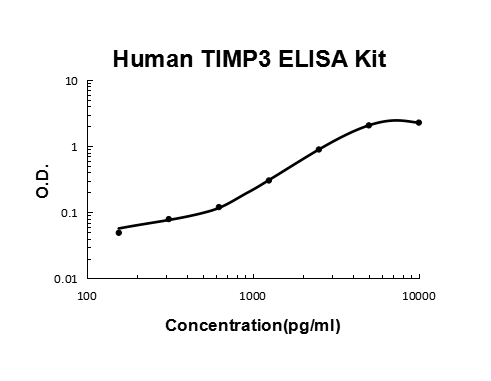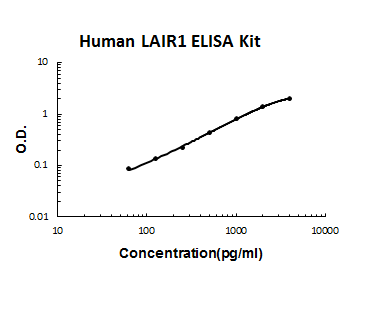Description
Immunogen: Recombinant protein fragment from the internal region of human Nod2 • Clone designation: 2D9 · Host: Mouse · Species Reactivity: (+) Human; other species not tested · Application: WB • Nod2 is a member of the apoptosis regulating protein family that has caspase recruitment-domains (CARDs) and also includes Apaf-1 and Nod1. Nod1 and Nod2 act as intracellular receptors for bacterial lipopolysaccharides, activate NF-κB, and contribute to inflammatory bowel disease.
Synonyms: Caspase Recruitment Domain-containing Protein 15|Inflammatory Bowel Disease Protein 1|Nucleotide-binding Oligomerization Domain-containing Protein 2
Immunogen: Recombinant protein fragment from the internal region of human Nod2
Formulation: 500 μg of ammonium sulfate-purified antibody
Isotype: IgG1κ
Applications: WB
Origin: Animal/Mouse
Stability: 365 days
Application|Western Blot||Product Type|Antibodies|Monoclonal Antibodies||Research Area|Cell Biology|Cell Death|Apoptosis||Research Area|Cell Biology|Cell Signaling|NF-κB Signaling||Research Area|Cell Biology|Proteolysis|Cytosolic & Secreted Proteases||Research Area|Epigenetics, Transcription, & Translation|Transcription Factors||Research Area|Immunology & Inflammation|Autoimmunity||Research Area|Immunology & Inflammation|Innate Immunity|Pattern Recognition



